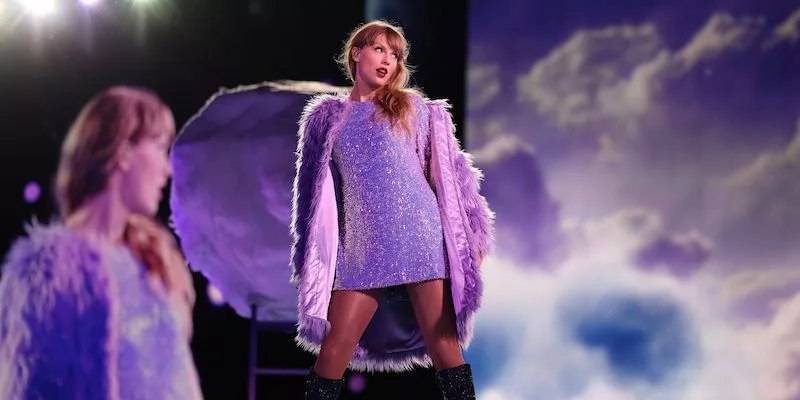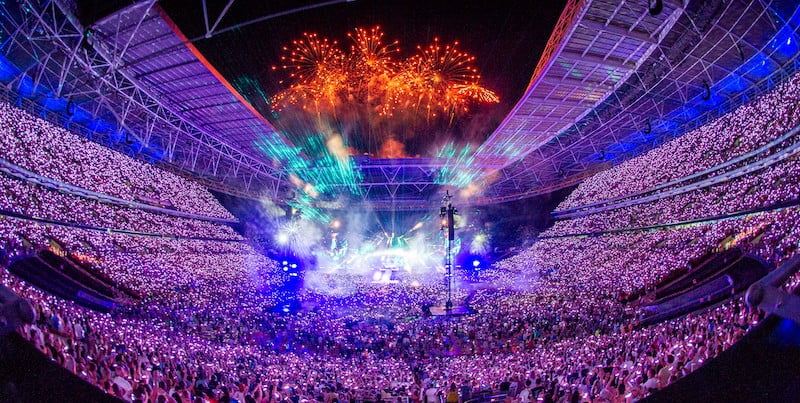Esports market value to hit $1bn in 2020
Boosted by new sponsors, more fans and buy-in from traditional sports/entertainment businesses, the competitive gaming sector will hit the $1bn mark next year
By IQ on 13 Jun 2019

image © Philipp Keller
Esports industry revenues are on track to exceed US$900 million this year, and poised to break the billion-dollar mark in 2020, according to a new report by market research firm Futuresource Consulting.
“Esports has been around for a while, but is now really starting to enter the mainstream,” says Adam Cox, senior analyst for imaging and pro video at Futuresource Consulting. “It’s riding a rising wave of consumer awareness, as celebrities and traditional sports teams get involved, household brand names take a piece of the sponsorship pie, and the likes of Turner, BBC and Sky invest in content acquisition and production.
“Key events such as Dota 2 are now enjoying viewing figures comparable to major conventional sporting events. As a result, securing exclusivity of major esports tournaments will become increasingly strategically important for both traditional sports broadcasters and established esports platforms such as Amazon-owned Twitch.”
Alongside live shows by YouTubers, internet personalities and other web ‘influencers’, esports – or competitive videogaming – is an important growth area for live entertainment businesses, attracted by its ability to fill arenas and stadia with thousands of fans who may have little interest in concerts or other forms of ‘traditional’ live entertainment.
Last month, German concert giant DEAG became the latest live music company to invest in the esports sector, joining music businesses including AEG, CAA, MSG, Australia’s TEG and France’s Vivendi in acquiring stakes in, or partnerships with, major esports competitions and teams.
“It’s a great time to be involved in esports, with plenty of opportunities”
According to the Futuresource report, traditionally the largest esports audience has been in Asia, with South Korea and China being particular hotbeds. However, high levels of growth have been tracked in regions such as North America and Europe which, due to high levels of consumer spending power, have seen significant increases in esports revenue. The esports industry has also been aiming to diversify the traditional fanbase, which is currently primarily males between the age of 16 to 35 years old.
“Esports currently caters for a global audience of approximately 410 million fans,” says Cox. “As organisers seek to attract older demographics and more females to the sector, we expect global audiences to almost double by 2023. This will result from a rise in popularity in emerging regions, as well as wider appeal in established markets.
Cox says the arrival of new sponsors such as Coca-Cola, McDonald’s and Mercedes-Benz are driving ever-higher prize money. “This is triggering significant tournament prize pools, with global prizes totalling $205 million for the 4,000 plus events hosted last year,” he explains. “In comparison, men’s tennis ATP Tour’s prize pool for 2018 totalled $135 million. We’re seeing a virtuous circle that can only increase the exposure and profitability of esports.”
“With rumours in the IOC suggesting that esports could be an official Olympic sport as early as 2024, the social acceptance and resulting industry returns are very much heading in the right direction,” he concludes. “It’s a great time to be involved in esports, with plenty of opportunities making themselves known across a range of tech and creative industries.”
Buy the full Futuresource report here.
Get more stories like this in your inbox by signing up for IQ Index, IQ’s free email digest of essential live music industry news.




